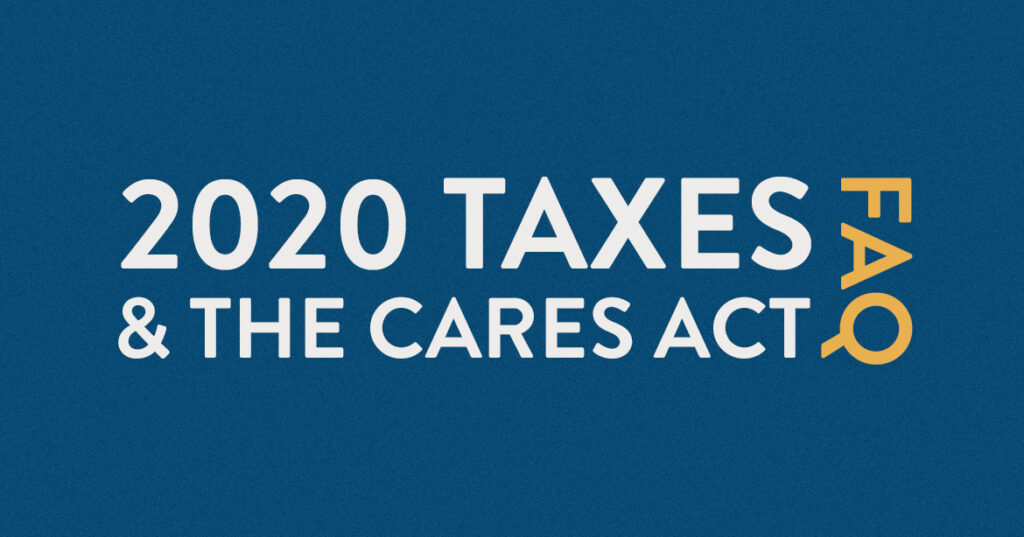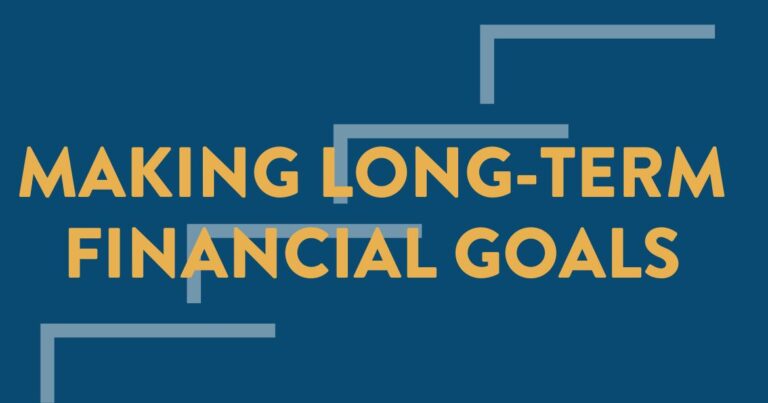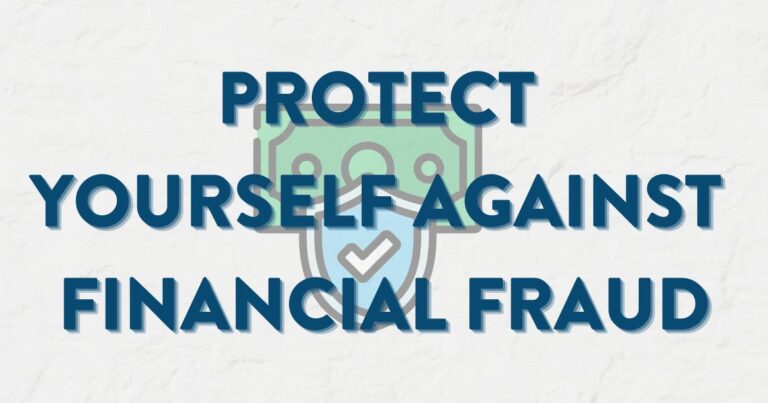For many Americans facing financial hardship, the passing of the CARES Act in 2020 allowed investors to access their retirement savings without incurring the usual 10% early withdrawal penalty, as long as their total distributions didn’t exceed $100,000. If you or a loved one chose to utilize this option, there are some key features within this legislation you need to know to be sure you get the full benefit from it. You’re probably gathering your tax documents and getting ready to file, so here are some helpful tips before you send off that return!
Did you know there are qualifications required to avoid the penalty?
Don’t worry, they are broad, so most Americans should qualify. If you, your spouse, or your dependent were diagnosed with COVID-19 in 2020, you are qualified. This also includes anyone who experienced an adverse financial consequence due to quarantine, furlough, layoffs, reduced work hours, lack of childcare, or having to close a business. Since taxes can be audited for several years, you may want to take time to document your eligibility now and keep that information with your tax return.
So, what about taxes?
Even though you won’t incur the typical penalty, the distribution is still taxable to you as income. However, you have the ability to claim a portion of the distribution over three years to limit the impact on your taxes. So, if you took $30,000 in distributions, you could claim $10,000 per year to help you stretch that tax bill out! You can claim all of it in one year if you want, but if you are in a higher tax bracket, you may find stretching it out helps limit the pain.
What if you took a distribution due to a short-term need, but want to pay yourself back?
One provision in this act allows you to do so, if completed within 3 years. Employers are not required to participate in this provision; however, plans that allow rollover contributions are likely to do so. If you choose to repay the distribution to your retirement plan but have previously paid taxes on a portion, you can file amended returns for a refund. This could be a great way to get your savings back on track if you have the chance! Make sure you file the proper form to alert the IRS of your repayment (Form 8915-E)!
We know making the decision to withdraw funds wasn’t easy and we hope your family is recovering well and staying safe. Whether you made a small withdrawal or a large one, you may have questions regarding the long-term impact to your retirement goals. If you are concerned about that, take a few minutes and get a free, no-obligation check-up to see if you are still on track or if some adjustments are needed.
The opinions voiced in this material are for general information only and are not intended to provide specific advice or recommendations for any individual. GenWealth Financial Advisors and LPL Financial do not provide tax advice or services. Please consult a qualified professional regarding your specific situation.




